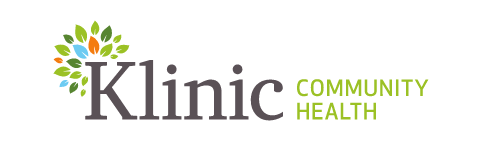What Is Trauma?
Trauma is a major public health issue affecting the health of people, families and communities across Canada.
Trauma impacts every Health Care and Human Service System including Education, the Justice System, Child Welfare, and every other Social Service. Given the enormous influence that trauma has on health outcomes, it is important that every service provider has a basic understanding of trauma, can recognize the symptoms of trauma, and appreciates the role they play in supporting recovery. Trauma is so prevalent that service providers should naturally assume that many of the people to whom they provide services have, in some way or another, been affected by trauma.
Context/Stats
- Traumatic events can happen to anyone or any age, across all socio-economic, cultural backgrounds.
- It is estimated that 76% of Canadians report having experienced a traumatic event during their lifetime.[1]
- It is estimated that about 8% of Canadians who experience a traumatic event develop PTSD (Canadian Mental Health Association, 2013
- Childhood trauma also appears to be more likely to result in PTSD than trauma experienced in adulthood. Childhood abuse was associated with even greater risk than other trauma experienced in childhood.[2]
- 90% of people with PTSD have a co-occurring diagnosis of depression, anxiety, substance abuse, or suicidal ideation[3].
- Inequity, historical trauma, poverty and other negative social determinants increase exposure to risk factors that increase the likelihood of traumatic stress[4].
- People can and do recover.
Definition
A traumatic event involves a single experience, enduring repeated or multiple experiences as well as ongoing trauma that is intergenerational. All of these traumatic events completely overwhelm the individual’s ability to cope or integrate the ideas and emotions involved in that experience. To put it another way:
“Trauma is when we have encountered an out of control, frightening experience that has disconnected us from all sense of resourcefulness or safety or coping or love”.
Tara Brach, 2011
During a single-event trauma, the following components are often present:
- The event was unexpected.
- The person was unprepared.
- There was nothing the person could do to stop it from happening.
In the case of repeated or ongoing trauma such as family violence, the element of expectation may be altered. However, all traumatic events are beyond a person’s control. With Intergenerational trauma such as war and colonization, trauma is further compounded due to systemic oppression that perpetuates loss and disconnection (for further information, see the Indigenous Trauma and Healing section).
[1] Ameringen, M., Mancini. C., Patterson, B., & Boyle, M. H. (2008). Posttraumatic stress disorder in Canada. CNS Neuroscience & Therapeutics, 14, 171-181. doi: 10.1111/j.1755-5949.2008.00049.x.
[2] Trauma-Informed Care in Behavioral Health Services
[3] Trauma-Informed Care in Behavioral Health Services
[4] Understanding Trauma in the Context of Marginalized Communities



